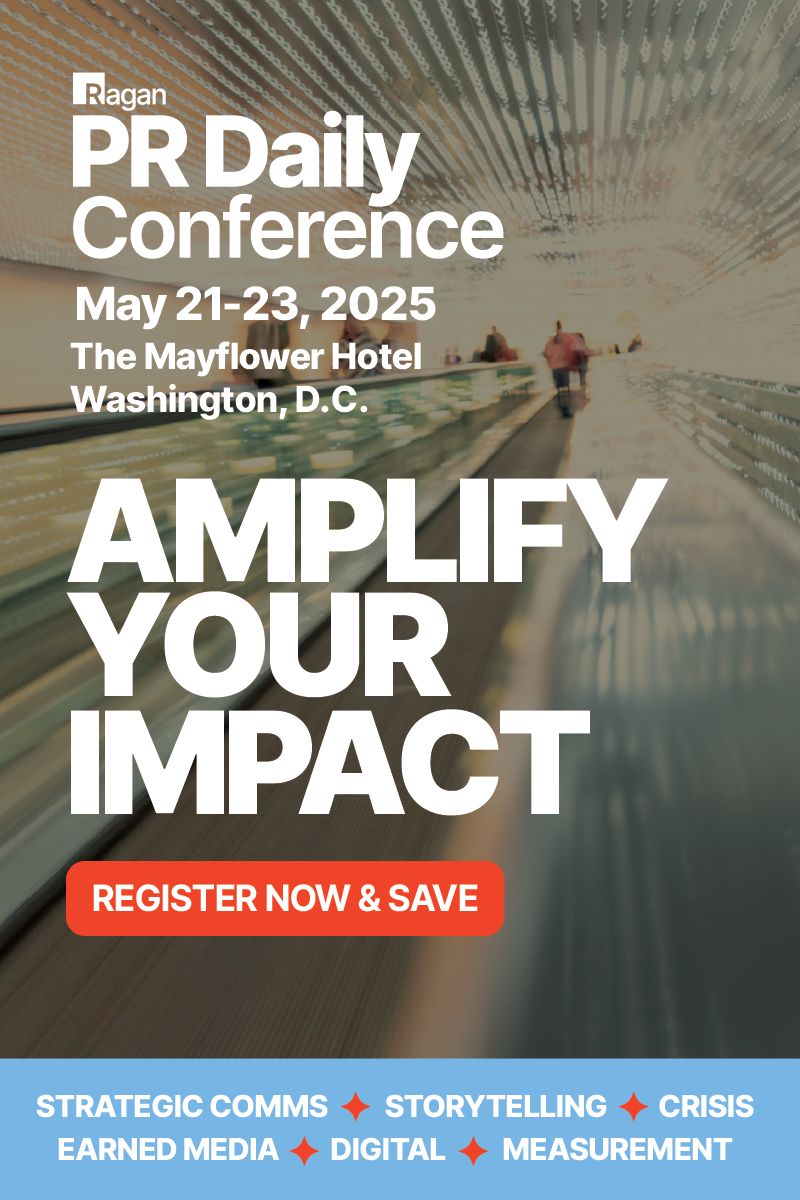This fireside chat recap is from Day 5 of FreightWaves’ Global Supply Chain Week.
FIRESIDE CHAT TOPIC: Funding challenges for the $1.2 trillion infrastructure law.
DETAILS: Now that the historic $1.2 trillion infrastructure bill is signed into law, the real work begins: getting formula money to the states quickly and issuing competitive grants. But what are the challenges of getting projects completed so that they can improve supply chain efficiency, and how will they be prioritized? Transportation policy expert Loren Smith joins us to shed light on those challenges.
SPEAKER: Loren Smith, president, Skyline Policy Risk Group
BIO: From 2017 to 2021, Smith worked at the U.S. Department of Transportation, serving as deputy assistant secretary for policy. His work included serving as DOT’s chief environmental review permitting officer and as a member of the task force on regulatory reform, covering everything from trucking hours of service to supersonic aviation. From 2009 to 2016, he was an analyst for Capital Alpha Partners, a Washington-based research firm that studies public policy for investors. He specialized in transportation policy, particularly relating to autos and infrastructure.
Watch: Loren Smith updating infrastructure funding rollout
KEY QUOTES FROM LOREN SMITH:
“The Biden administration has set up a bit of a command-and-control approach to try to make sure the agencies are coordinated and that no agency is falling behind to get the [infrastructure] money out. On a procedural basis they seem to be off to a decent start.”
“The period for applying [for $1.4 billion in competitive infrastructure grants] is going to run to the beginning of April. At that point you go into the critical time — the following three to four months are going to be the reviewing of the applications. So starting in April, they’re really going to need to have enough manpower to review all these documents in a timely way.”
“The Biden administration indicated early on they want to prioritize maintenance over expanding road capacity — this is now an official policy priority. I think what we have to hope is that it’s not actually going to impede critical infrastructure projects, those that expand freight network capacity. … If it ends up constricting the flow of freight, I think that’s a problem.”
“Fast charging infrastructure needed for electric trucks is going to fall exclusively on the private sector. But with $7.5 billion from the federal government dedicated for electric charging, trucking is asking the government to give them a say in where these EV charging stations are located.”








